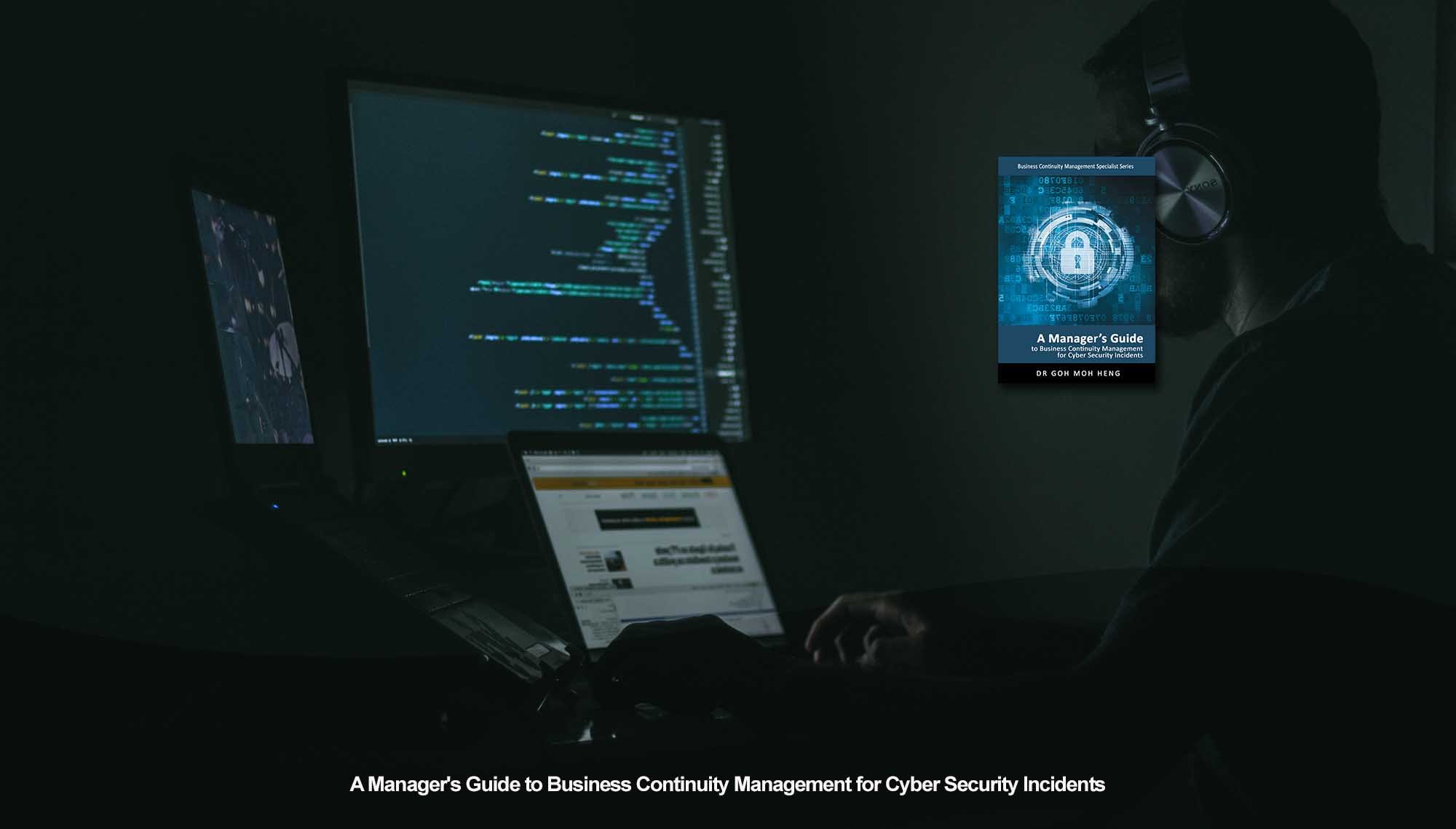 CIR Program Management
CIR Program Management
Overview
 This blog discusses the various processes of the Program Management phase that organisations can utilise to ensure that the contents of the CIR Plan are relevant to tackle the evolving cyber security threats so that the CBF of an affected organisation can continue operations smoothly during a cyber security attack.
This blog discusses the various processes of the Program Management phase that organisations can utilise to ensure that the contents of the CIR Plan are relevant to tackle the evolving cyber security threats so that the CBF of an affected organisation can continue operations smoothly during a cyber security attack.
The figure on the right is an example of these key Program Management processes. There are the typical Processes within Program Management of CIR Plans with BCM Practices.

The Project Management Institute defined a program as a group of related projects that bring benefits and control to an organisation only when the projects are managed and coordinated efficiently.
In this case, the benefit the organisation can reap is the continuous improvement in its ability to effectively manage cyber security incidents.
Maintaining the relevance (Olsen, 2014) of the CIR plan is an ongoing process; by utilising program management practices, organisations can handle evolving cybersecurity threats with better preparedness.
Related Topic for CIR Program Management
| Back To: Rationale for Lack of Cyber Security Prioritisation | Plan Maintenance | Training and Awareness |
 |
 |
 |
| Advanced Testing and Exercising | Audit | Cyber Security Mindset and Culture |
 |
 |
 |
Do You Want to Continue BCM Training onsite or online?
Goh, M. H. (2017). A Manager's Guide to Business Continuity Management for Cyber Security Incidents, 2nd Edition. GMH Pte Ltd.
Reference: Chapter 10 Program Management 10.1 Introduction
Note: This version was the draft 2nd Edition being updated in 2023. The numeric in the square bracket [X-X] cross-refers to the actual chapter and section in the 1st Edition.





![[BL-3-Catalog] What Specialist Level Blended Learning Courses that are Available?](https://no-cache.hubspot.com/cta/default/3893111/4b22a53c-6e3e-4b9e-8c2a-888423f1d26c.png)
![[BL-5-Catalog] What Expert Level Blended Learning Courses that are Available?](https://no-cache.hubspot.com/cta/default/3893111/fe175db3-7f57-4636-bf09-e9a836aa5478.png)


